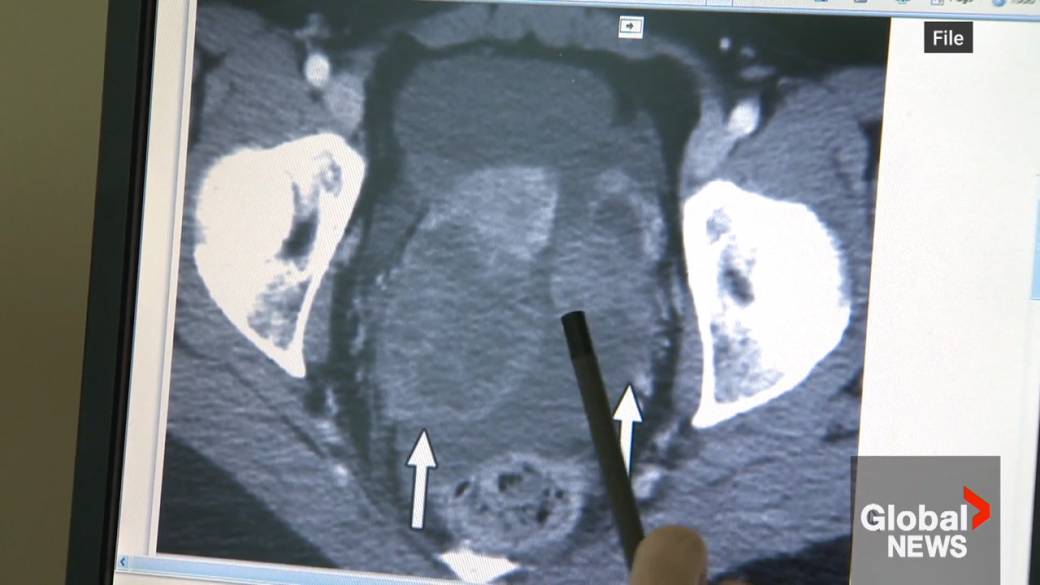A machine in Saskatchewan is now available with the aim of improving cancer patient care thanks to a donation.
Nora Yates, CEO of the Cancer Foundation of Saskatchewan, said a major donation in honour of Donald E. Kramer has resulted in the funding of Saskatchewan’s first next generational sequencer, which will result in improved patient care.
2:17
How can cancer patients push for answers without knowing where to turn?
She said the $500,000 machine would play a major role in addressing care for several types of cancer.
“It will allow oncologists to predict patient responses to a number of new cancer drug treatments,” Yates said.
She said the sequencer is already in use and is being used to enable the first-ever clinical trial focused on substantially improving the quality of life for ovarian cancer patients.
“It is also the first sequencer in Canada to perform gynecologic cancer tumour testing for clinical decision-making.”
Yates said this will result in people having more information about cancer treatment choices and will have patients facing fewer treatment side effects.
Dr. Laura Hopkins, professor of oncology at the University of Saskatchewan and provincial lead for gynecologic oncology, called the trial one of a kind and pragmatic, saying they are approaching women with advanced ovarian cancer to get their tumours tested.
“Once we have those results we are able to get very specific with patients about the amount of benefit that they can gain from taking a new class of drugs called PARP inhibitors,” Hopkins said.
4:42
November is ‘Lung Cancer Awareness Month’
The National Cancer Institute describes PARP inhibitors as drugs that block the repair of broken DNA, as some tumours can cause harmful mutations due to faulty DNA repairing.
Hopkins said patients will fall into one of two groups: one that will show a direct benefit from taking PARP inhibitors and the other where the benefits aren’t so clear.
Trending Now
Liberals are ‘running out of time’ heading into fall economic update. Here’s why
Montreal Alouettes pull off upset victory in 110th Grey Cup
She said they’ve created a decision aid for those where the benefits aren’t clear, noting that information about the response and harms of therapy with PARP inhibitors will be available to patients to make their own decision on whether PARP inhibitor use is right for them.
Shelley Meier, a patient from Tisdale taking part in the trial, says the trial is important.
2:15
Montreal nurse’s ovarian cancer diagnosis almost missed
“Six months ago my husband and I were living the dream, our best life,” Meier said.
She said they were enjoying retirement but Meier was diagnosed with Stage 4 ovarian cancer.
Meier said her life was replaced with medical appointments, surgery and chemotherapy, with the hope that she will go into remission.
“And our greatest hope is that remission would offer me a good quality of life.”
She said the treatments currently offered are toxic and don’t necessarily guarantee remission.
“Put simply: is the time that I will gain worth the pain of the side effects?”
She said she hopes her participation in the trial will help her as well as other women through their cancer journey.
© 2023 Global News, a division of Corus Entertainment Inc.
Checkout latest world news below links :
World News || Latest News || U.S. News
The post Sask. cancer patient care set to improve thanks to sequencer donation | Globalnews.ca appeared first on WorldNewsEra.

